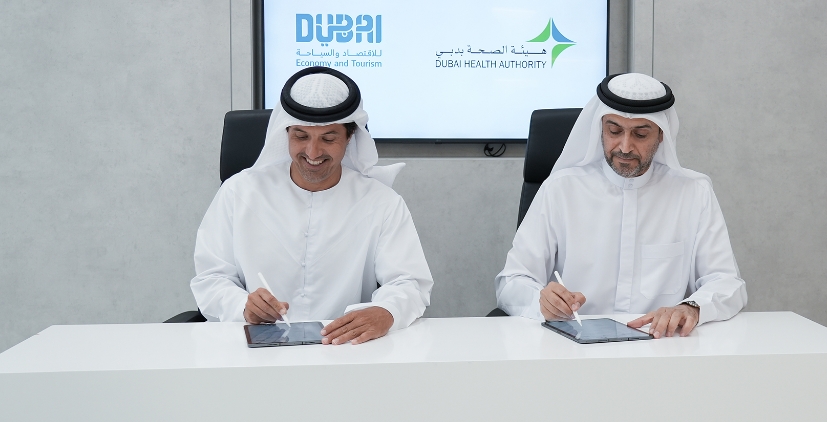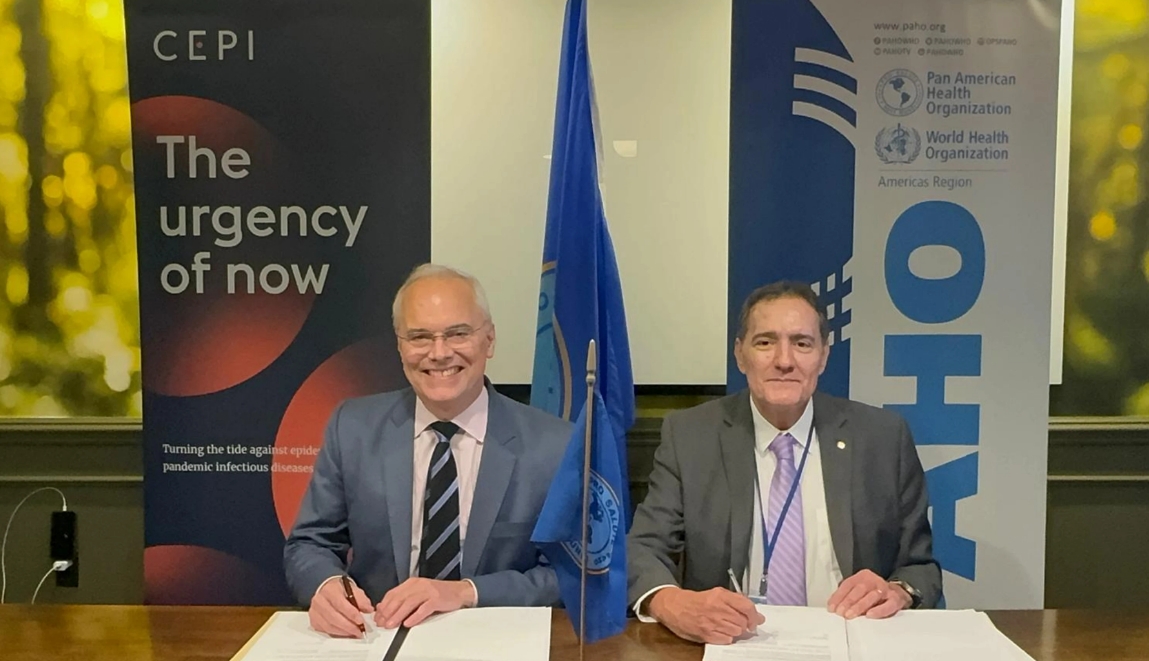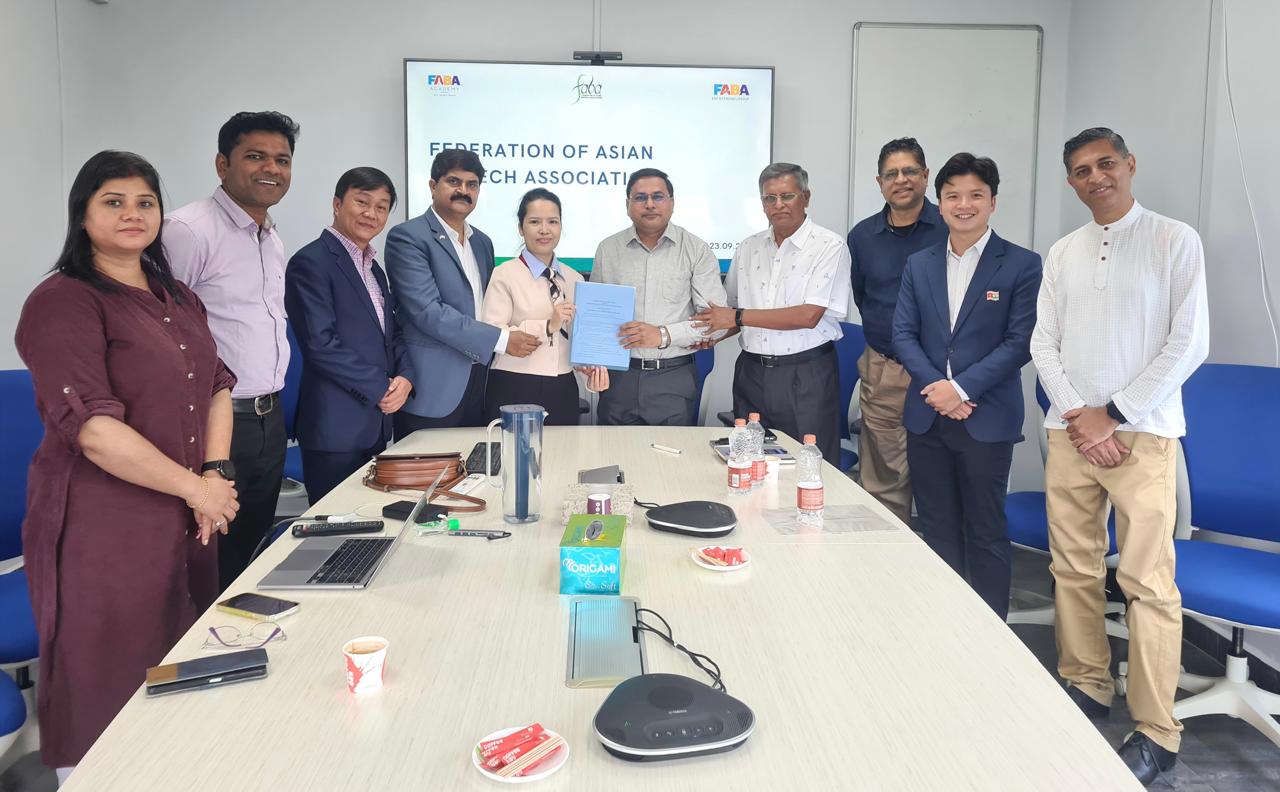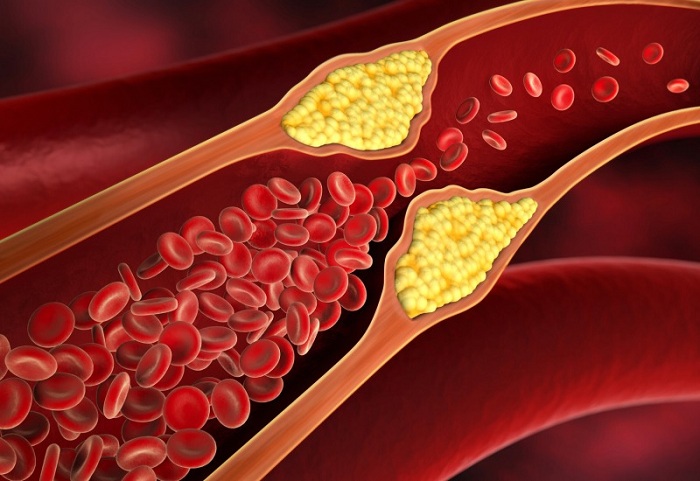WHO to strengthen emergency medical teams
06 September 2018 | News
WHO is helping mentor emergency medical teams (EMTs) to improve their capacities in line with international standards.
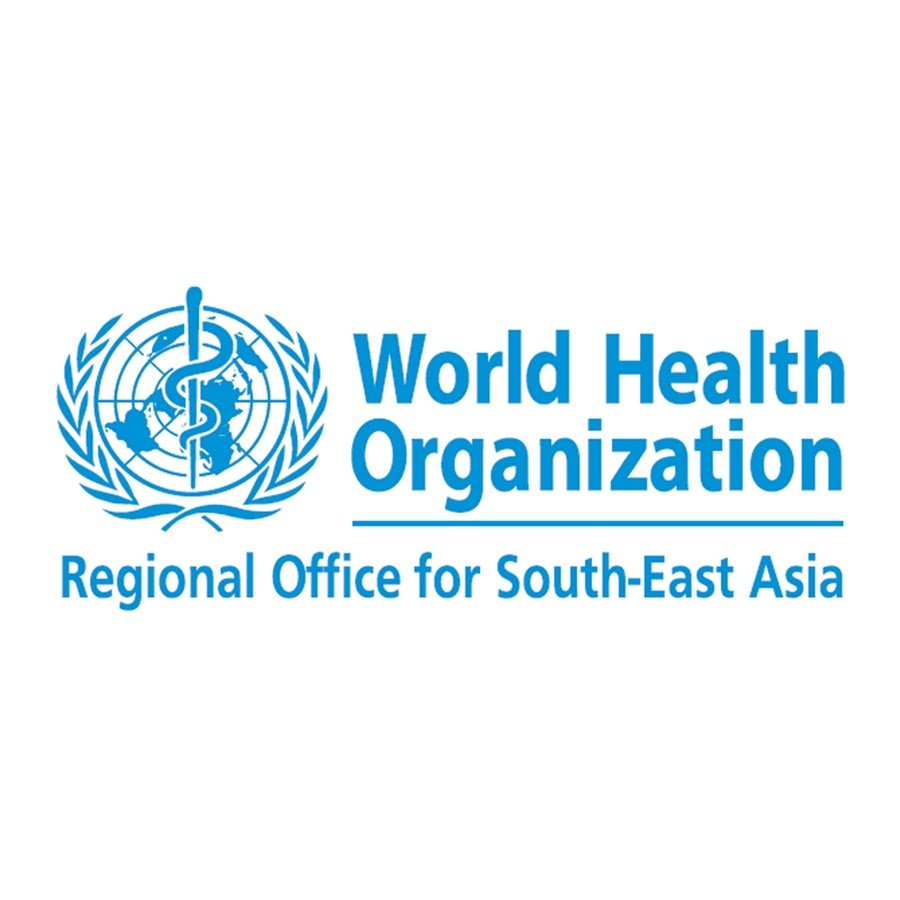
Image credit- youtube.com
The World Health Organization (WHO) has called upon countries in its South-East Asia Region to strengthen emergency medical teams, to be better prepared to respond to public health emergencies.
“Strengthening national and regional-level emergency medical teams is a high-impact investment in reducing deaths, diseases and disabilities due to disasters, outbreaks and other emergencies. Emergency medical teams contribute to life-saving critical interventions,” said Dr Poonam Khetrapal Singh, Regional Director WHO South-East Asia Region, at the ongoing Regional Committee meeting here in Delhi, being attended by Ministers of Health and senior officials of the 11-member countries.
Experience from health emergencies in the Region have shown that following a sudden onset disaster, a large number of emergency medical teams (EMTs) or emergency response teams often arrive in the affected country to provide emergency care to affected people.
The EMTs are national, international, government, non-governmental, civilian and military. These teams have varied capacities, and their deployment is often not based on assessed needs.
“To be more effective, EMTs need to be standardised, strengthened and well-coordinated,” the Regional Director said.
WHO is helping mentor EMTs to improve their capacities in line with international standards. The WHO EMT Initiative aims at supporting countries, nongovernmental organizations, international organizations, by identifying minimum standards, best practices, logistics and standard operating procedures for operating field coordination, for saving lives, preserving health and protecting dignity.
The initiative seeks to improve timeliness and quality of health services provided by national and international EMTs, enhance the capacity of national health system to lead and coordinate such teams.
“In an emergency, the outcome of the response depends on how quickly the right expertise reaches the right place at the right time to meet the needs of the affected people,” Dr Khetrapal Singh said.
WHO urged Member countries to develop and implement a national plan for strengthening systems for emergency medical teams (EMTs) in collaboration with all key partners; and establish and strengthen national mechanisms which supports effective and high-performing national EMTs in line with the WHO Classification and Standards.
The South-East Asia Region is vulnerable to various disasters and emergencies such as earthquakes, floods, tsunamis, landslides and volcanic eruptions. As per 2016 World Disaster Report, over the past decade the Region disproportionately accounted for 26.8% of the deaths in emergencies.
Prone to natural disaster, the Region has been focusing on scaling up emergency risk management as a flagship priority. Better preparedness has helped saved lives during major disasters such as Nepal earthquake.






